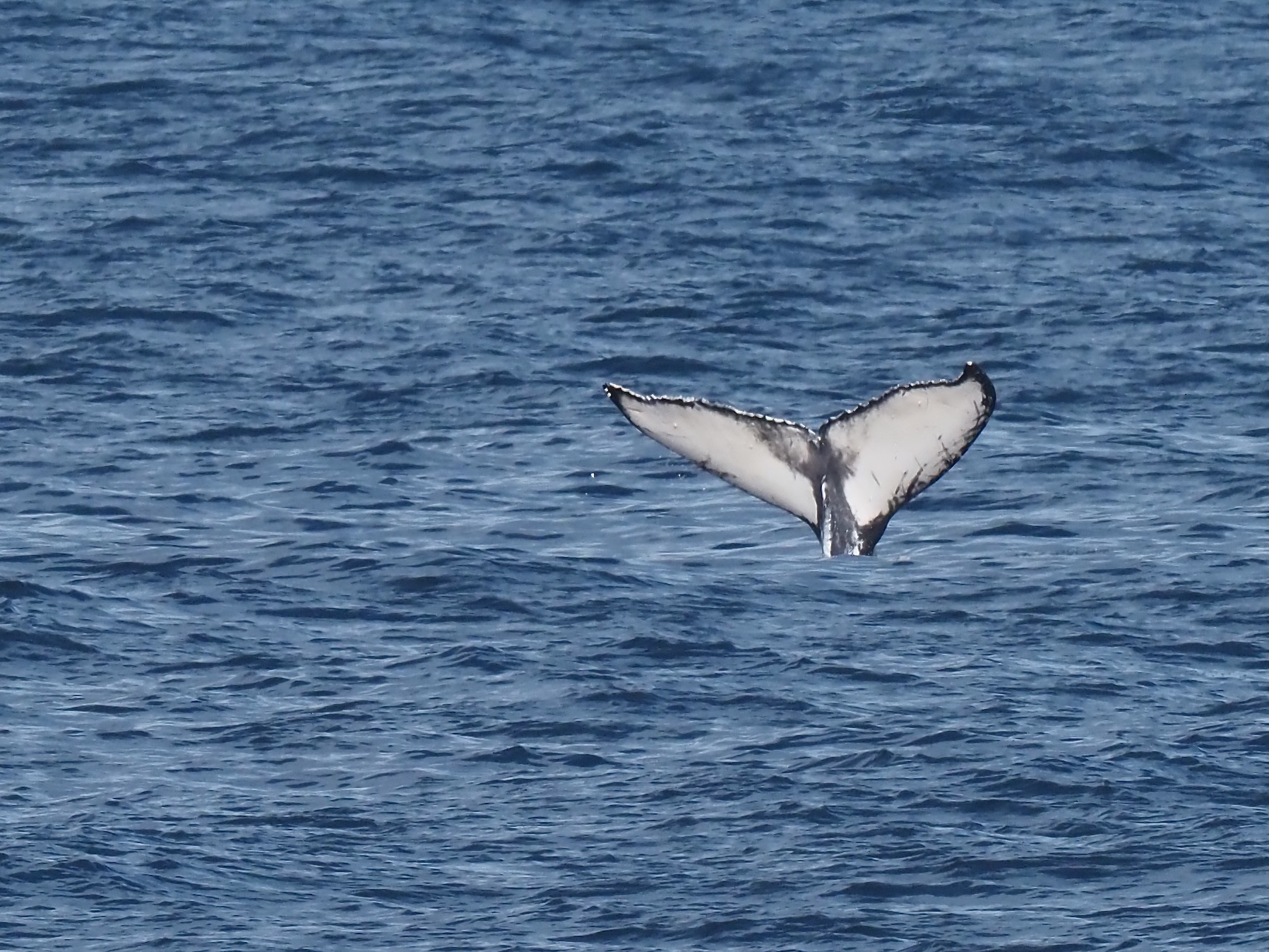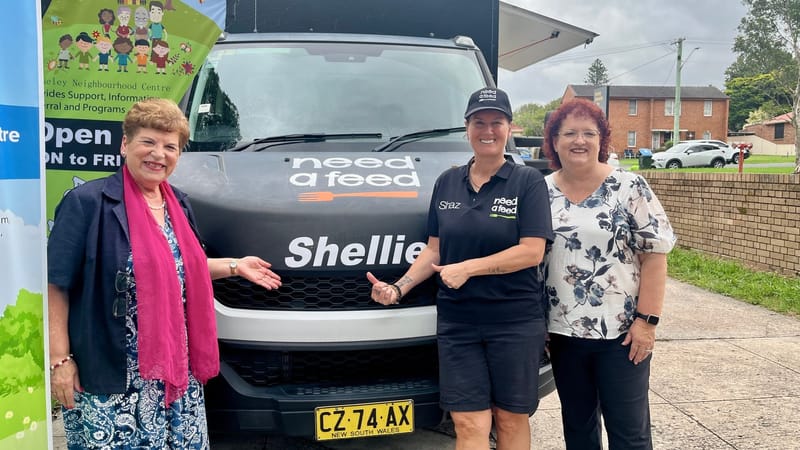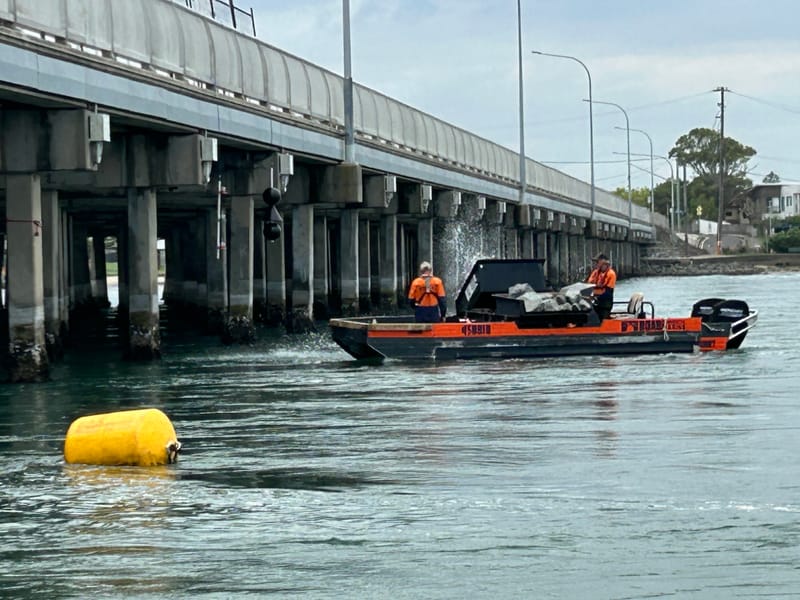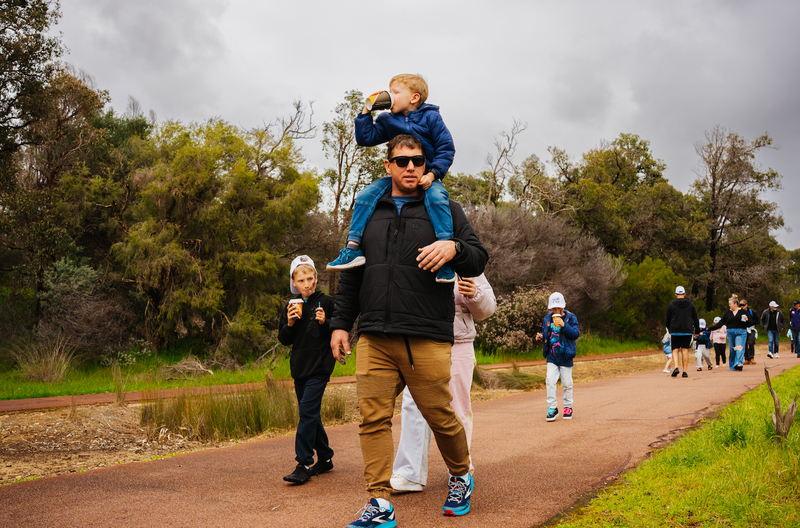Whale of a tale proves to be fake news
Local academics, engineers and politicians have agreed to ‘in principle’ support for an offshore wind zone in the Illawarra. The concept of offshore wind is also supported globally by all major conservation organisations, including fierce ocean...

Local academics, engineers and politicians have agreed to ‘in principle’ support for an offshore wind zone in the Illawarra. The concept of offshore wind is also supported globally by all major conservation organisations, including fierce ocean defenders such as Sea Shepherd.
So where is the evidence of the turbines’ threat to whales coming from?
Some of it is simply well-written fake news, says Associate Professor Michelle Voyer, of the University of Wollongong’s Blue Energy Futures Lab. She suspects AI technology may be involved.
“There was a post put up saying that a University of Tasmania study had done modelling that predicted 400 whales would be killed a year from offshore wind turbines. And that was said to be in the journal Marine Policy,” Michelle says.
Marine Policy is a well-regarded international journal. The post sounded alarmingly authentic but there was just one problem – Michelle, the Keira Endowed Chair in Energy Futures at UOW, also happens to be an associate editor for Marine Policy, and she’d never heard of the paper.
“I straight away got in touch with the editor-in-chief [Professor Quentin Hanich], who's a Thirroul resident. And I said to him, 'Are you aware of this paper? I can't find any evidence of this paper.’
“It was completely fabricated. There was no such paper.
“It was quite a convincingly written post, but there were obviously no citation references or authors or anything. I did wonder – it almost looked like they'd put it into Chat GPT and said, can you make me up a convincing argument about anti [offshore turbines]?”
The Facebook group where the “research” was posted took it down “to their credit”, Michelle says.
However, in the age of alternative facts, the damage is done.
“It was [posted] over the long weekend and took a couple of days to become aware of it and a couple days more to get them to take it down. So who knows where that's now circulating out into the world?” Michelle says.
“So that is just mischievous. We don't need that kind of thing inflaming this argument. There's lots for us to discuss – real facts and real issues that we need to work through. There's no denying that. But to be inserting really scary things like that in there, that's just not helpful – and quite distressing.”
Another example of ‘fake news’ doing the rounds on social media is doctored images of the visual impacts of offshore wind farms, Michelle says.
“Some of them are outrageously wrong, others are a little bit closer to the truth. But still probably not particularly helpful.”
Ultimately, Michelle says, the turbines will be visible, albeit “tiny and off on the horizon”.
“Honestly, it feels a little bit like we're arguing over the colour of the curtains while the house is burning down. There will be visual impact… but I think the conversation we need to be having is yes, we have to make some sacrifices here. And some of those sacrifices are going to be visual amenity. How do we as a community come together and have a discussion around what our terms and conditions are for accepting that?”
One solution would be for the big companies involved to give back to the community, Michelle says.
“Obviously they're going to be making profits out of this. Local communities need a share of those profits.”
Driven by a love for the ocean throughout her career, Michelle empathises with people who’ve spoken of their fears for the whales at recent public forums. She believes it’s vital that independent research is done and takes heart from the fact that there are ways to build wind farms that can minimise impacts on whales.
“WWF, Greenpeace, Sea Shepherd, Nature Conservancy, all the major conservation organisations, including those that are solely focused or very heavily focused on whales, all have in principle support for offshore wind, if it's done in a way that can manage interactions.
“Those conservation agencies are saying that the biggest issues that whales face come from plastics and from a warming ocean, which has impacts on their food sources.
“So we can't pretend that by not putting these things [turbines] in the ocean that we're saving the whales. That logic doesn't work. There are impacts of us not doing anything.
"We need to act [on climate change], and we need to do it fast. We're rapidly running out of time.”
Fast facts
- UOW's Blue Energy Futures Lab has published a list of FAQs about the proposed Illawarra Offshore Wind Zone. Read the FAQs here.
- The government has extended its consultation period for the Illawarra’s offshore renewable energy zone to November 15. Have your say at consult.dcceew.gov.au/oei-illawarra
- Federal Member for Cunningham Alison Byrnes has organised a ‘Town Hall’ forum on Wednesday, October 11 from 4-8pm at the University of Wollongong. To register, click here.





